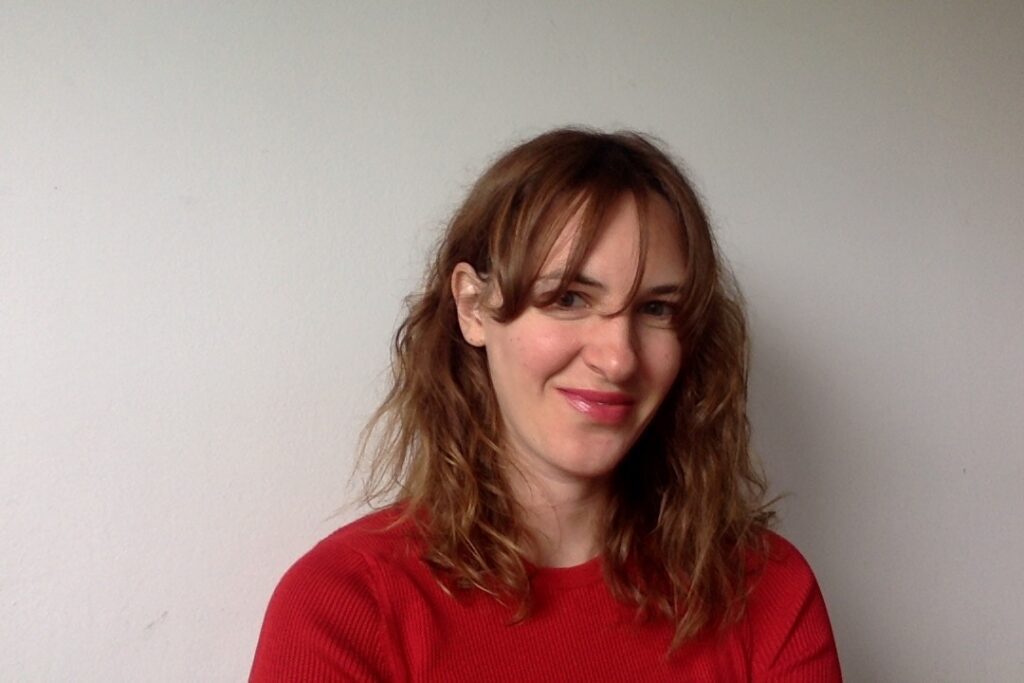CAS SEE Seminars with Guests: Helena Dukic
Home- CAS SEE Seminars with Guests: Helena Dukic

CAS SEE Seminars with Guests: Helena Dukic
On Thursday, November 4th at 12 pm (CET), we hosted a CAS SEE Weekly Seminar with Helena Dukic, moderated by Sanja Bojanic. The seminar is entitled: "Guided Imagery and Music"
What is the purpose of music and why do we listen to it? Does music need to relate to extra-musical stories and ideas to be meaningful or does it simply exist for its own sake? Latest theories suggest that musical meaning could be conceived of as being the consequence of the narrative-like patterns of tension and resolution embodied in music that motivate our cognitive and neural responses. To evaluate this, three studies were conducted. They established the similarities and differences between classical instrumental music pieces and literary narratives using the Guided Imagery and Music method. The results suggest that music creates an illusion of a narrative in the conscious experience of listeners by exchanging music features that emotionally and cognitively engage a listener with those that do not, thus creating tensions and relaxations that allude to a three-part narrative form. In the unconscious experience of listeners however, music features convey mostly static scenes and objects that do not develop or change in time. This dual nature of music, directional on one hand and discursive on the other, marks music's inherent therapeutic and artistic potential.
News
CAS SEE latest posts
24 November 2021 CAS SEE Seminars with Guests: Fanny Frick-Trzebitzky, Dženeta Hodžić and Linda Söller CAS SEE Seminars with Guests: Fanny Frick-Trzebitzky, Dženeta Hodžić and Linda Söller Home CAS SEE Seminars… Read More
02 December 2021 Advanced seminar in migration Advanced seminar in migration Home Advanced seminar in migration The advanced seminar in migration "European… Read More
03 December 2021 CAS SEE Seminars with Guests: Pantxo Ramas CAS SEE Seminars with Guests: Pantxo Ramas Home CAS SEE Seminars with Guests: Pantxo Ramas The Legacies… Read More





